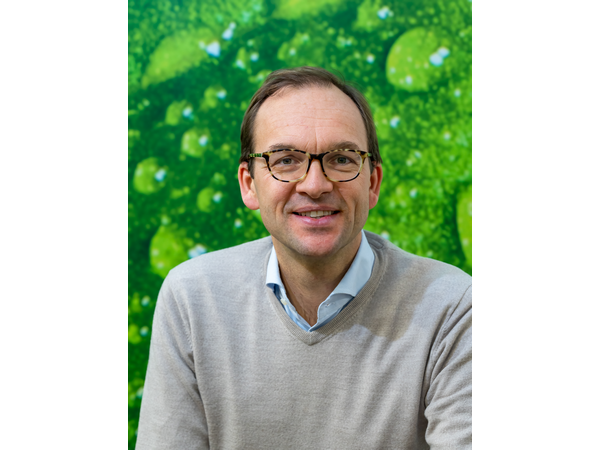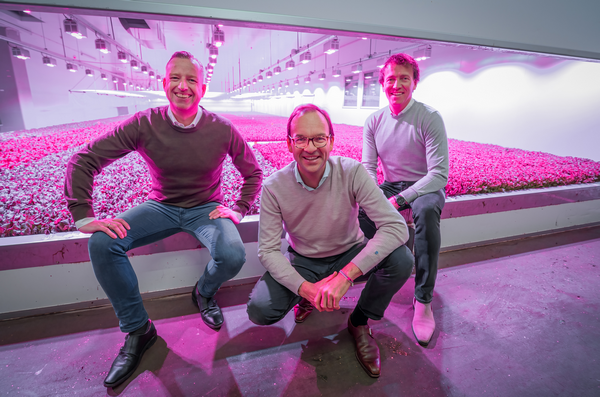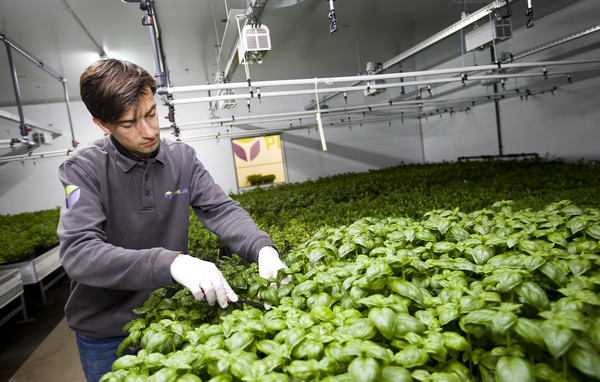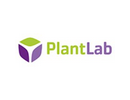"We are continuously working on improving our market position, but also on important processes such as ripening processes, less labor use, more efficient lighting, and so on. We do this to ultimately achieve a higher output per m2. That's what the vertical farming game is all about, and at the same time, it's a necessity for the industry to mature," says Eelco Ockers, CEO at PlantLab.
"By 2030 we want to have achieved a turnover of 1 billion, so we are fully working towards that now. We also have a roadmap detailing how many farms we'll open to get there. Yet, a dozen of farms need to be built first to reach that amount of money.” Eelco points out that the contracts will be realized soon.

Eelco Ockers
Focus on the Netherlands, Germany, and the US
In February, PlantLab raised 50 million euros and is planning to do big things with that, such as scaling up the organization and the number of farms, among other things. To do that, people and hardware are needed.
As Eelco explains, Northern Europe is the focus for now, especially the Netherlands and Germany, as well as the United States. Ever since 2014, PlantLab has been running a farm in the US, based in Indianapolis. "This farm really proves that our concept works. At least we can show what we can deliver in the States, but also here in the Netherlands. It took years of testing to achieve what we can deliver today."

Co-founder Leon van Duijn, CEO Eelco Ockers and Jelle Roodbeen, CFO of The Hoge Dennen sitting in front of a PPU
New facility
Currently, the company is building a 15,000m2 vertical farm in the south of Amsterdam. In the new farm, multiple PPUs (Plant Production Units) are stacked on top of each other, contributing to the vertical aspect of farming. Inside the PPUs, single-layer bedding is applied.
PlantLab's Amsterdam facility supplies crops to multiple retailers and has a strong partnership with Picnic, an e-commerce company that delivers the freshly grown produce immediately to the consumers. Thanks to the many PPUs, they can grow different products for several customers, all based on specific requests. At the moment, the company focuses mainly on lettuce, herbs, tea, and edible flower production. Eelco indicates that all products available in the market are competitively priced at par with the market offering.

Market potential of products
PlantLab also has an R&D facility in Den Bosch, the Netherlands, where they have conducted several studies on various products. Cherry tomatoes, according to Eelco, have a lot of potential, and the same goes for strawberries.
“Ultimately, it's a game of scale. With a small farm, it's a lot harder to pull it all together, especially with investments because it's a capital-intensive industry. However, this is a lot easier to spread costs out when growing on a large scale.”
Fair cost price
As the cost of all materials goes up, Eelco expects to see a price increase for food commodities as well. "Such a thing is actually beneficial for the vertical farming sector, and for the food industry as a whole," says he. "So that not only we can start growing more crops vertically, but also because it would make the whole supply chain fairer."

For more information:
Eelco van Ockers, CEO
[email protected]
PlantLab
www.plantlab.com
